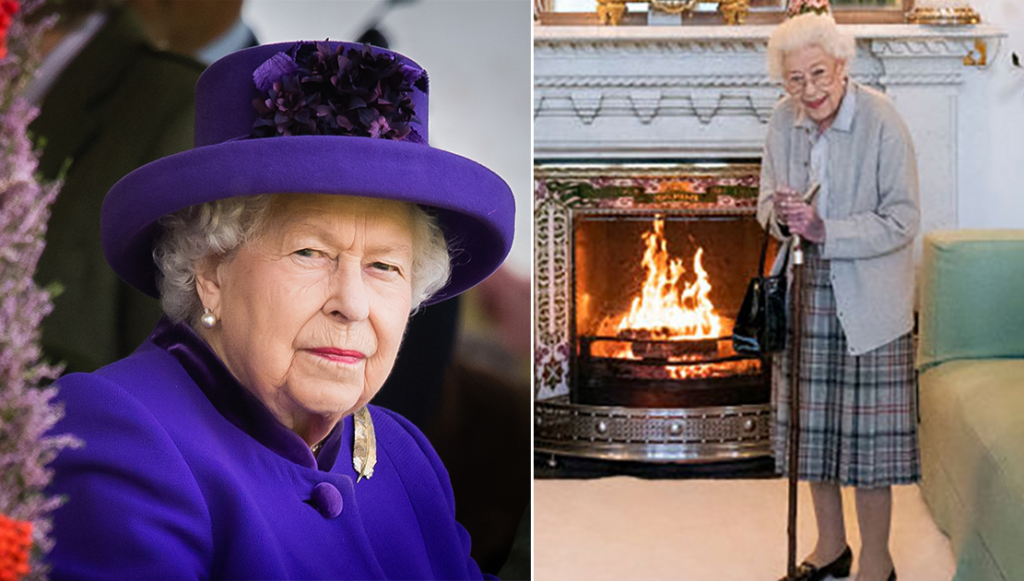The UK’s longest ever reigning monarch passed away last year at the grand age of 96, having served her country for her entire life. Her passing, though tragic, was perhaps not too surprising given the waning health she exhibited since the loss of her beloved husband Prince Philip last year. Her Majesty was forced to cancel any number of engagements in the back-end of last year, and though she was able to hang on to celebrate her Platinum Jubilee, many were those who feared the end might slowly be approaching.
Troubling reports emerged last Thursday suggesting that the Queen was experiencing health issues. The serious nature of the rumors was then confirmed when royals from all over the UK and beyond began to make their way to the monarch’s Balmoral home.
All manner of questions have been raised since the Queen’s passing, not least those that focus on the manner of her death. Buckingham Palace have been predictably tight-lipped about Her Majesty’s diagnosis, though plenty of people were vocal online after noticing the Queen’s bruised hands in the picture taken on the day she met new British Prime Minister Liz Truss. The truth is that we, the public, might never get a definitive answer to the question of what finally did for Queen Elizabeth.
That said, experts said commonly in the years prior to her death that she met the medical criteria for “geriatric syndrome”, a condition used to describe the features of common health conditions in older people that don’t fit into specific categories.
Britain’s National Health Service official advice reads: “Frailty is a medical syndrome with multiple causes and contributors that is characterised by diminished strength, endurance, and reduced physiologic function that increases an individual’s vulnerability for developing increased dependency and/or death.”
Speaking to the Weekend Sunrise show, Doctor Ginni Mansberg weighed in on the fact that Prince Philip‘s death in April last year could could also have been a factor in Queen Elizabeth’s worsening health.
“She lost her husband of so many years, and statistically, the number of partners who die within twelve months of losing a partner … that is a very high risk time,” she said.
“Grief puts additional strain on the body, and it’s really hard to lose somebody to who you’ve been married for that long, on top of everything else, on top of being in your mid-90s.”

